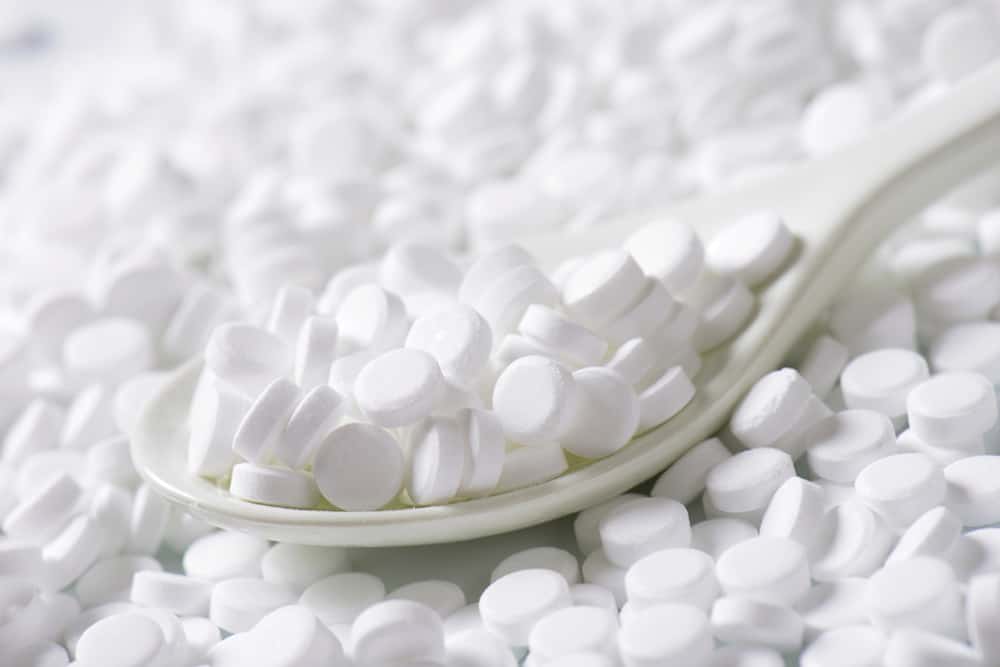The sweet and sour of artificial sweeteners. Should I consume them?

Artificial sweeteners are nothing new and they are not all bad. They have been around for centuries. These little drink and food additives are synthetic sugar substitutes that are added to our diets to replace sugar in the hope that by replacing calorie-laden sugar, we will lose some weight or maintain a healthier weight. The reason for this belief is all of the sugar substitutes have fewer calories than sugar and many have zero effective calories.
How do they work? Many of the compounds create a sensation of sweetness that is very similar to the sweet flavor of sugar. Many of these sugar substitutes are many time sweeter than sugar itself. In fact, the compounds stimulate the same receptors in the tongue and make your brain think it is getting sugar. Some have slight aftertastes and others can have side effects such as flatulence (see sorbitol) or diarrhea (sucralose), but most have little to no side effects at all. Equal or aspartame rarely causes any side-effects, but the rare consumer will get headaches.
Are they safe? Although there are plenty of naysayers, the research indicates that are safe. In fact, the National Cancer Institute concluded after a long look at all available research that there is no clear evidence that artificial sweeteners cause cancer in humans. Most of the research showing the harmful effects were in mice and the equivalent doses were much higher than any human could ever consume. The fact is that sugar consumption itself has been linked to cancer.
Other studies have linked artificial sweeteners to diabetes and heart disease, but the studies found a link without any legitimate cause. The question I have always asked after reading the research: is the obesity that leads to the cause of the disease or the artificial sweetener itself? I suspect it is the lifestyle and genetics that caused obesity and nto the sweetener they turned to in order to limit obesity.
Can artificial sweeteners help lose weight? Yes and maybe. The results are conflicting. It just makes sense that if you remove an empty calorie such as sugar from your diet that you should lose weight. The problem is that the research is hit or miss to back this theory. Some research also shows that artificial sweeteners may stimulate weight gain. I suspect this is just a link and not causal. People who drink diet drinks tend to weigh more and have a higher rate of obesity. That does not mean that the artificial sweetener caused the weight gain. The relationship is nto causal and no research has point to the sweeteners as the cause.
I suspect that the answer is much more hidden. Yes, people gain weight after replacing sugar with these compounds, but the weight gain is not from the replacement but rather because people tend to replace the sugar with other sources of calories. Sugar substitutes that have zero calories cannot themselves cause weight gain because you can make something from nothing. Sure, if you remove table sugar from your diet, you will likely lose some weight, but you won’t if you replace the sugar calories with calories from potatoes or peanut butter.
The bottom line: Artificial sweeteners are lower-calorie food additives that are safe and well-tolerated by most. Most have essentially zero calories and replacing some foods that contain sugars with food and beverages that contain artificial sweeteners can result in a significant reduction in weight as long as you avoid replacing them with other calorie-dense foods. I recommend that you consume them sparingly.







Be the first to comment on "Editorial: Damn Artificial Sweeteners!"